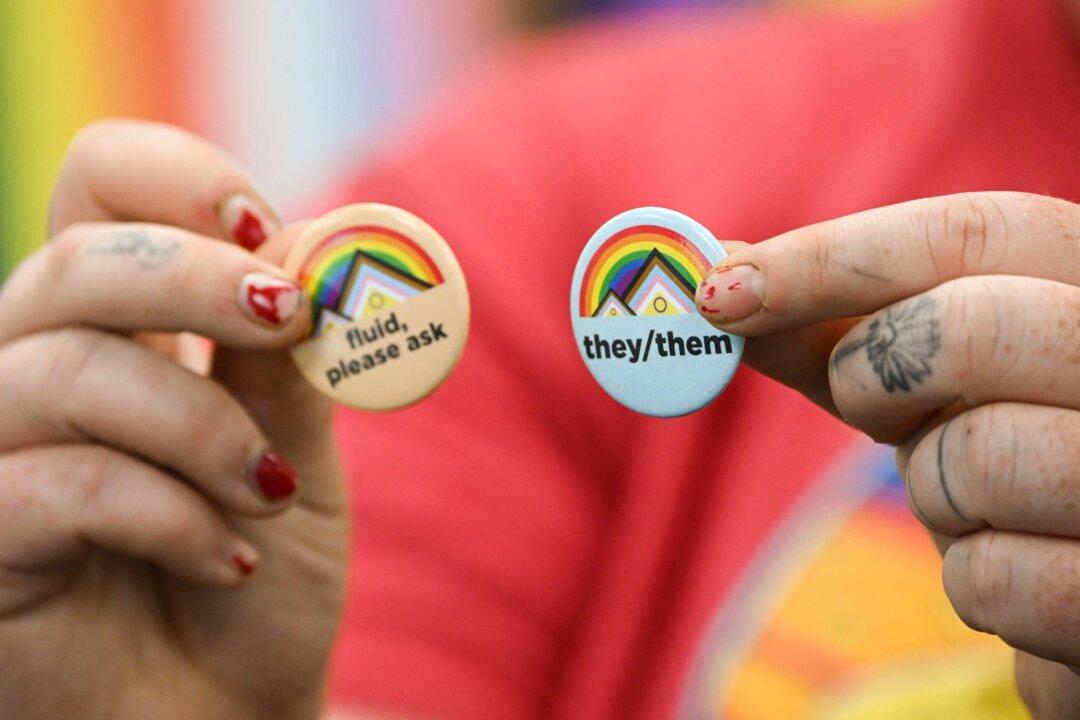PUNTA GORDA, Fla.–A proposal in Florida that would bar educators in the state from speaking about sexual orientation and gender identity to primary school students in ways that aren’t considered “age-appropriate or developmentally appropriate for students” is on its way to the floor of the state Senate for consideration.
The measure, called the Parental Rights in Education Bill, was approved by the state’s House of Representatives on a 69–47 vote, and by the state Senate Appropriations Committee on a 12–8 vote.




